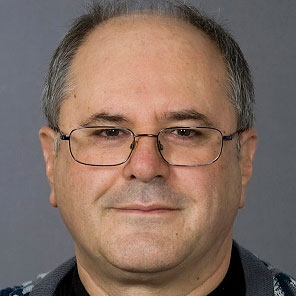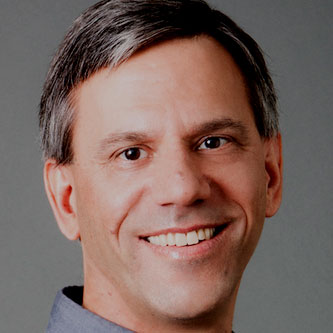 Arkady Zaslavsky
Arkady Zaslavsky
CSIRO, Australia
“Challenges and Opportunities of IoT Silos Interoperability”
Abstract: After initial hype with deploying IoT platforms in various applications and building IoT silos, the IoT research community realised the need for IoT interoperability frameworks and building IoT ecosystems as the next step in IoT evolution. This talk will focus on the challenges and opportunities of IoT interoperability with specific focus on OpenIoT platform which pioneered horizontal integration of IoT silos and EU Horizon-2020 project bIoTope. building IoT open innovation ecosystem for connected smart objects. The bIoTope ecosystem is based on everything-as-a-service (XaaS) driven by run-time context, reasoning about situations, semantics, continuous analytics. The primary application domain of biotope is Smart Cities.
Bio: Dr Zaslavsky is a Senior Principal Research Scientist with Data61, CSIRO. He is leading Data61 R&D projects in Internet of Things, mobile analytics and context-awareness science areas. He is a technical leader of the EU Horizon-2020 project bIoTope to build IoT Open Innovation Ecosystem for connected smart objects. Professor Arkady Zaslavsky holds Adjunct-Professorship appointments with a number of Australian and International universities. Arkady Zaslavsky has published more than 400 research publications throughout his professional career and supervised to completion more than 35 PhD students. Arkady Zaslavsky is a Senior Member of ACM, a Senior Member of IEEE Computer and Communication Societies.
 Craig Knoblock
Craig Knoblock
University of Southern California, USA
“Learning to Adapt to Sensor Changes and Failures”
Abstract: As the Internet of Things grows and a wide variety of sensors become widely available, people will build more and more software that relies on these sensors. So what happens when these sensors fail or they get replaced with a new, improved versions of the same type of sensor. In this talk, I will describe work we are doing on dealing with these problems. I will present techniques we are developing on learning to detect sensor failures, learning to construct replacement sensors from related sensors, and automatically constructing transformation programs that allow existing software to continue to operate correctly with new sensors. I will also present our evaluation of these techniques with online data from personal weather stations.
Bio: Craig Knoblock is a Research Professor in both Computer Science and Spatial Sciences at the University of Southern California (USC), Research Director of Information Integration at the Information Sciences Institute, and Associate Director of Informatics Program at USC.
He received his Bachelor of Science degree from Syracuse University and his Master’s and Ph.D. from Carnegie Mellon University in computer science. His research focuses on techniques related to information integration and the Semantic Web for describing, acquiring, and exploiting the semantics of data. He has published more than 250 journal articles, book chapters, and conference papers on these topics.
Dr. Knoblock is a Fellow of the Association for the Advancement of Artificial Intelligence (AAAI), a Distinguished Scientist of the Association of Computing Machinery (ACM), a Senior Member of IEEE, past President and Trustee of the International Joint Conference on Artificial Intelligence (IJCAI), and winner of the 2014 Robert S. Engelmore Award.
Follow @caknoblock